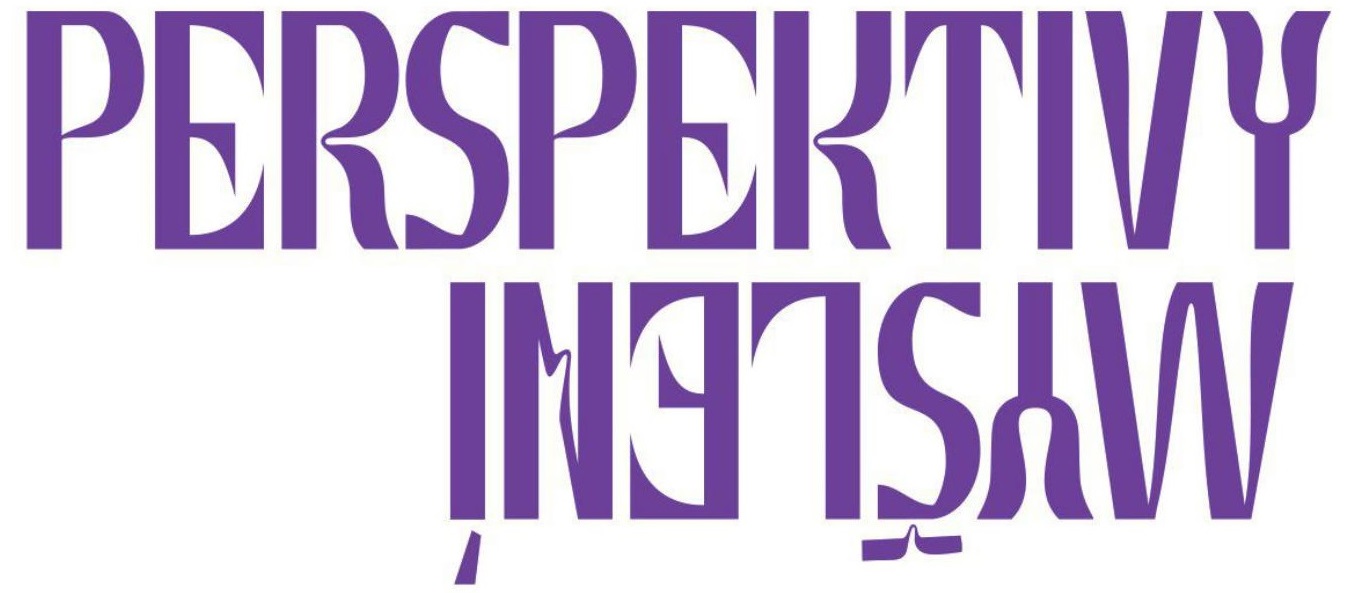Mgr. Vladimir Lukić
Department of Philosophy and Religious Studies, FF UPCE; University of Antwerp
In this paper, it is argued that the post-truth has a direct connection to the notion of the background culture derived from the Rawlsian standpoint that he also considers to be a part of the non-public reason (Rawls, 1996, p. 214). For Rawls, comprehensive doctrines are holders of values, beliefs, judgments, attitudes, etc. that a person holds within one societal structure (Rawls, 1996, p. 59). Likewise, Rawls suggests that within one well-ordered society, doctrines should be reasonable in order to establish a reasonable pluralism where multiple comprehensive doctrines can co-exist and the holders of those doctrines can be considered free and equal (Rawls, 1997, pp. 769-770).
In the political climate dominated by post-truth politics that are ever-so-present in the digital world, I argue, that the reasonableness necessary from the comprehensive doctrines that constitute the background culture is in jeopardy. Echo chambers generated by post-truth politics have become polarization machines and are creating a quasi-factual background culture that is not fruitful for reasonableness (Rhodes, 2021, p. 5).
This is where the main analysis of this paper comes into play. It will strive to provide criticism of the influence of post-truth through the scope of Rawlsian philosophy by pointing out both the irrationality and the unreasonableness of the practice of post-truth politics. This criticism is based on highlighting the dangers to the communicative factor that constitutes one liberal democracy and, also, emphasizes the dangers of further polarization and extremization of the background cultures.
Key Words: Post-Truth Politics, Background Culture, Public Reason, Digital Media, Populism
References
- Rawls, J. (1996). Political Liberalism. New York: Columbia University Press.
- Rawls, J. (1997). The Idea of Public Reason Revisited. The University of Chicago Law Review, vol. 64, no. 3, 765-80.
- Rhodes, S. C. (2021). Filter Bubbles, Echo Chambers, and Fake News: How Social Media Conditions Individuals to Be Less Critical of Political Misinformation. Political Communication, vol. 39, no. 1, 1-
22.
